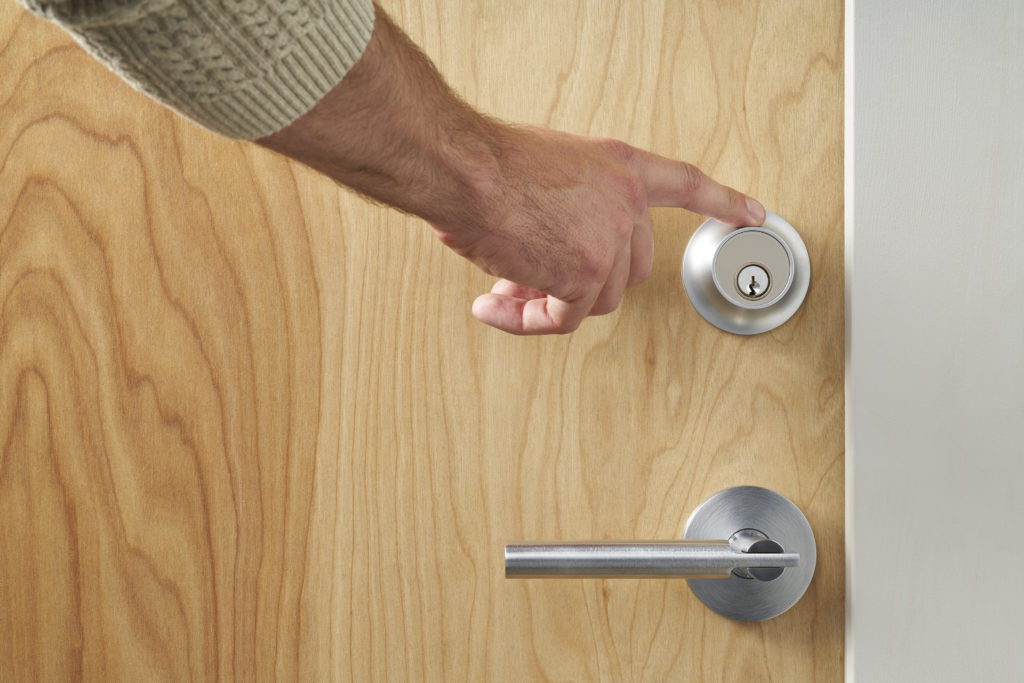This week’s show is going to get controversial with a discussion of Amazon’s Sidewalk. Kevin is out on vacation this week, so my friend Chris Albrect of The Spoon is here to co-host. We start with a rundown on why I think you should participate in Amazon’s Sidewalk network but also explain how to opt out. We then talk about how tech-savvy lawyers helped push Amazon to drop arbitration clauses, the meatpacking hack, and new rules from the Army’s CIO on IoT devices in the home. Then we focus on fitness, discussing the potential for connected rower Hydrow to go public, Google’s plans for Fitbit, and the speculation around Apple’s upcoming Airpods. We end by answering a question from an electrician about what we’d like to see in a newly built smart home.

Our guest this week is Ken Goto, the co-founder and CTO of Level Lock. I invited him on the show because I am fascinated by how well the company has adapted to changing software requirements for the smart home. So I asked him what sort of planning that took and how the company approaches things like Homekit, Alexa, Matter, and even Amazon’s Sidewalk. Goto is actually a big fan of Sidewalk, and talks about what it can offer customers of the lock and what it does for him as a developer. We close with a look ahead at the technology he’s really excited about seeing in the smart home. Enjoy the show.
Hosts: Stacey Higginbotham and Christ Albrecht
Guest: Ken Goto, CTO of Level Lock
Sponsors: Bsquare and Very
- If you opt-out of Amazon’s Sidewalk, do it for the right reasons
- The Army is alerting teleworkers to smart home security flaws
- Why not take a smart rower public
- How Level tried to future proof its devices
- Level’s CTO explains why he’s excited about Amazon’s Sidewalk
Podcast: Play in new window | Download | Embed
Subscribe: RSS
